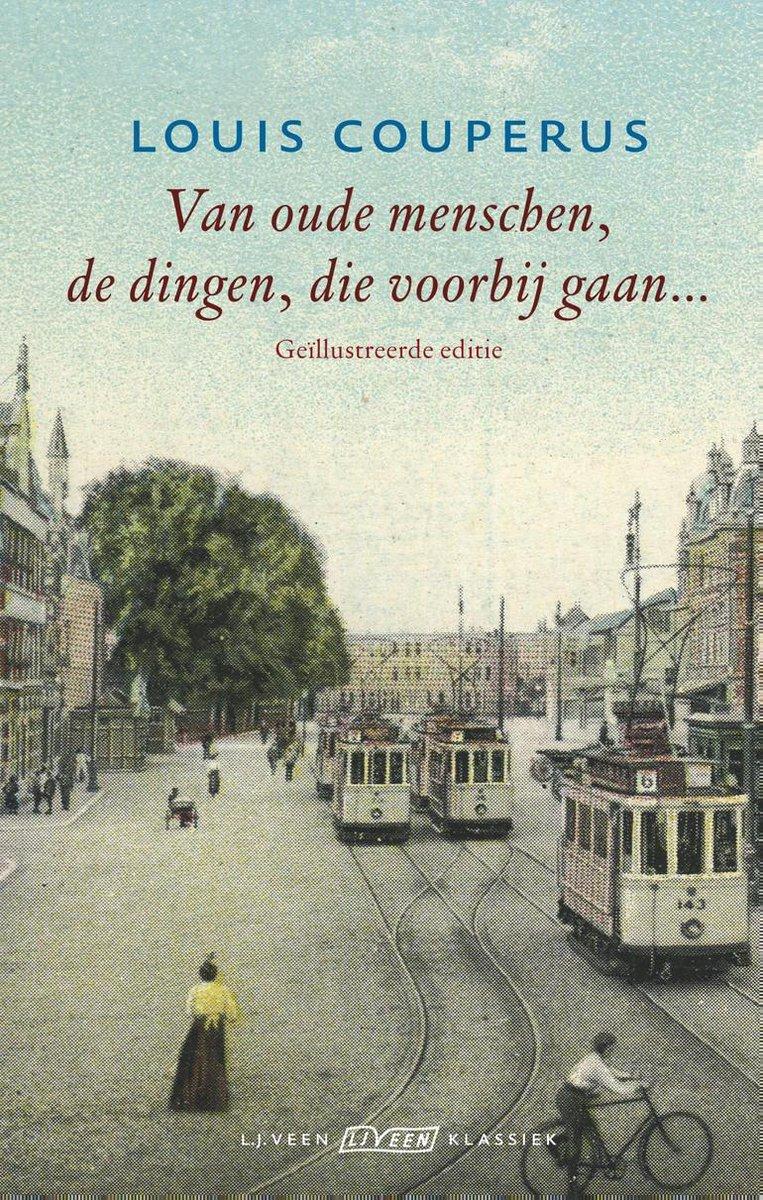Louis Couperus
Louis Couperus (1863-1923) spent much of his younger life in the Dutch East Indies (modern Indonesia), and many of his novels and stories are set either here, or in The Hague where he was born, though his work also contains impressions of Italy, Africa and China, the fruits of his tireless travelling.

Couperus was the greatest Dutch novelist of his generation, and is still internationally renowned; The New York Review of Books published a piece by Ian Buruma praising The Hidden Force as recently as the 1990s.
More Louis Couperus

Inevitable
'Inevitable' has a special place in the dazzling, vibrant oeuvre of Louis Couperus. He called it his ‘guesthouse novel’, since it is largely set in a guesthouse in Rome, where a young woman, Cornélie de Retz, is staying after leaving her husband, a brutal military man. Surrounded by scheming and decadent fellow guests (modelled after people Couperus had met on his travels) she enters into an open relationship with the painter Duco van der Staal.

Old People and the Things that Pass
In this much-read family saga, one of the classics of Dutch literature, Couperus creates a highly variegated psychological portrait of a bourgeois family both bound together and torn apart by a terrible secret. The novel describes an entire social class, its wealth to a large extent derived from overseas colonies, as it heads towards ruin.

The Hidden Force
In 'The Hidden Force' the decline and fall of the Dutch resident Van Oudyck is caused by his inability to see further than his own Western rationalism. He is blind and deaf to the slumbering powers of the East Indian people and countryside. The black magic, bird calls, vegetation, heat and the mysterious, hostile attitude of their Javanese subjects prove stronger than the cool power of the colonials.

Eline Vere
This story of a tragic female misfit ranks with similar portraits by Flaubert, Tolstoy and Ibsen. It is a subtle psychological novel set against a dazzling panorama of Hague society, where the life of a group of leisured families, with its succession of balls, dinners, entertainments and excursions acts as a foil to the heroine’s increasing isolation.